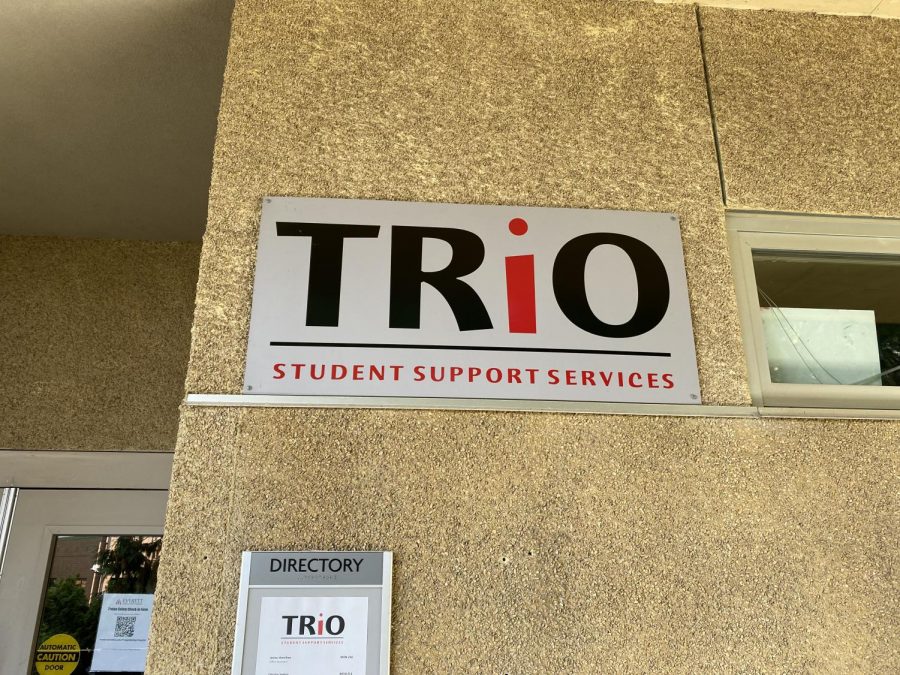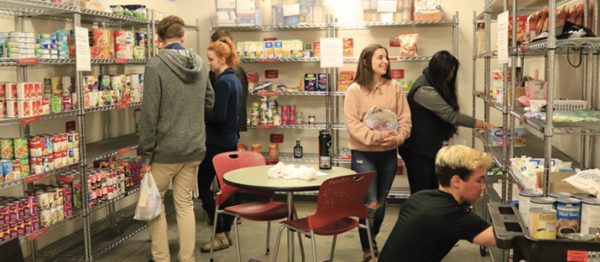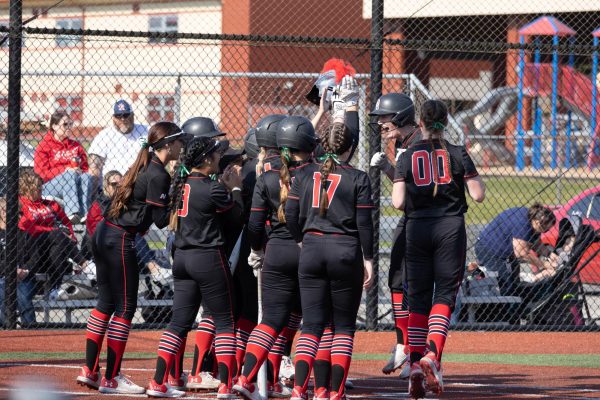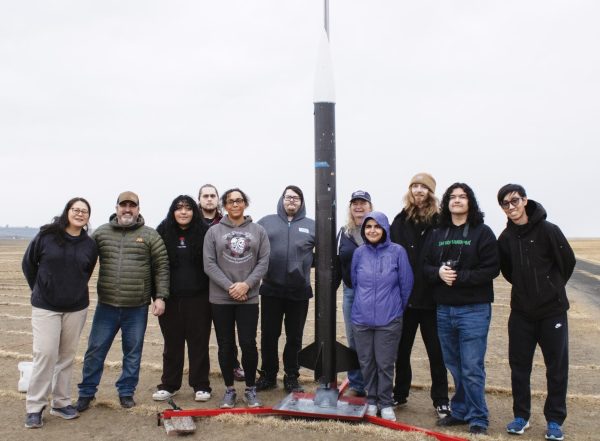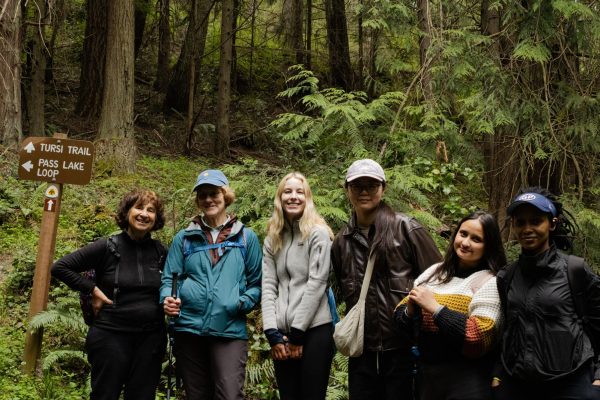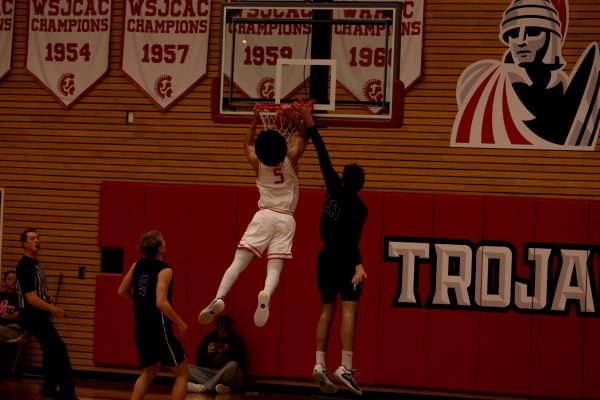First Gen Reality
TRiO office at EvCC located on the second floor of Monte Cristo
This is the first year of your college experience, you had done the tour, and figured out your classes. Campus is buzzing with noises from students who chit chat on their way to class. Heading to your class, you take a seat, and start to take notes while the professor goes over the syllabus. You know you had to get all of this right from the beginning, everyone’s hopes and dreams rested on your shoulders.
Violet Gleny Parks (She/Her/Hers) started her college journey in 2019 at Everett Community College. She is currently enrolled in the pharmacy pathway, and is a first-generation college student. “Attending college is bittersweet. When you are a first-gen you don’t know what to do and it takes time to find your way through college life.”
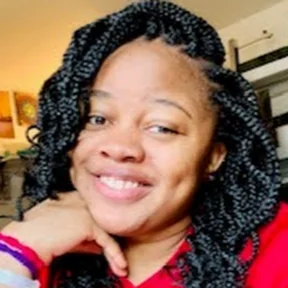
Everett Community College Student
A first generation student is a student whose parents did not complete a four-year college degree. Being a first-generation college student means being unable to share the burden she carries with her family or non-first gen students. They do not understand the responsibilities she handles as a first gen college student. “There is no one to express those certain feelings of anxiety, depression, and fear,” Parks says, “you are the torchbearer and the weight of carrying this torch is so heavy. You can not explain it because nobody in your family will understand, nobody on campus will understand, nobody will understand. There is so much expected of you… you can not let them down, all eyes, hopes, and dreams are on you.”
The pandemic is an obstacle that got added to Parks’ plate. “You do not know what you are doing because you are left to deal with yourself. You Battle with an emotional state and do online classes alone.”
Though all of this, Parks did mention that there is an upside to her struggles as a first-generation student. She inspired her thirty-four-year-old brother to go to college and complete his education. Parks says, “when you are the first one to go to college you hold that door for people to see the light and way. The sweet part is you ended the cycle – the cycle ends with you.”
Another first-generation student is student leader, Kellie Walker (she/her/hers). She shared her experiences by saying, “I am a returning student who is twenty-eight-years-old. It has been longer because there is no support coming from my family. My mom and dad didn’t go to college, it was more to make ends meet than improve yourself and career.”
Kellie is not involved with the first gen programs but she does reach out to her instructors at EVCC for degree guidance. “I always reach out to instructors, if they are helpful I use them as a resource. I am going into business because I am interested in the major and it will help me find a better future for myself.”
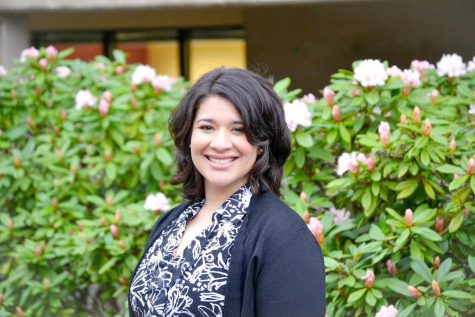
Associate Dean TRIO Student Success
Being a first generation student is an issue on it’s own and there is a stigma around it. Associate Dean for TRIO Student Support Services, Kesia Ceniceros stated, “2019 data shows that approximately 24% of students reported being a first-generation college student, only 16% reported they were not first-generation college students, and 60% of students did not report their generation status. The question is optional on the admissions application so students often do not report their status. Because such a large portion does not respond to the question, the data is incomplete. Students don’t know that answering this question is extremely important in securing grants and funding to provide services such as TRIO.”
Programs like TRIO help first generation students survive their college journey. Below you can find the Trio application and MESA Program at Everett Community College – undocumented students are welcome to apply.

What is Your Dream Job?
My dream job is being a social activist/journalist/author.
What Interests you About Journalism?
My interest in Journalism...
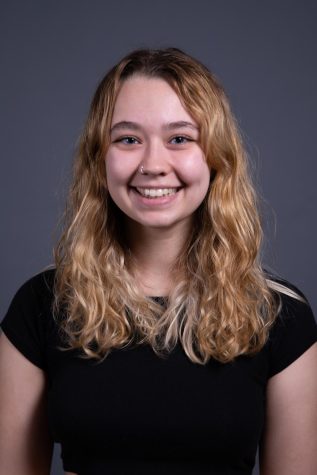
What interests you about Journalism?
So many things interest me about journalism. I love that it gives me the ability to tell stories to an audience...

